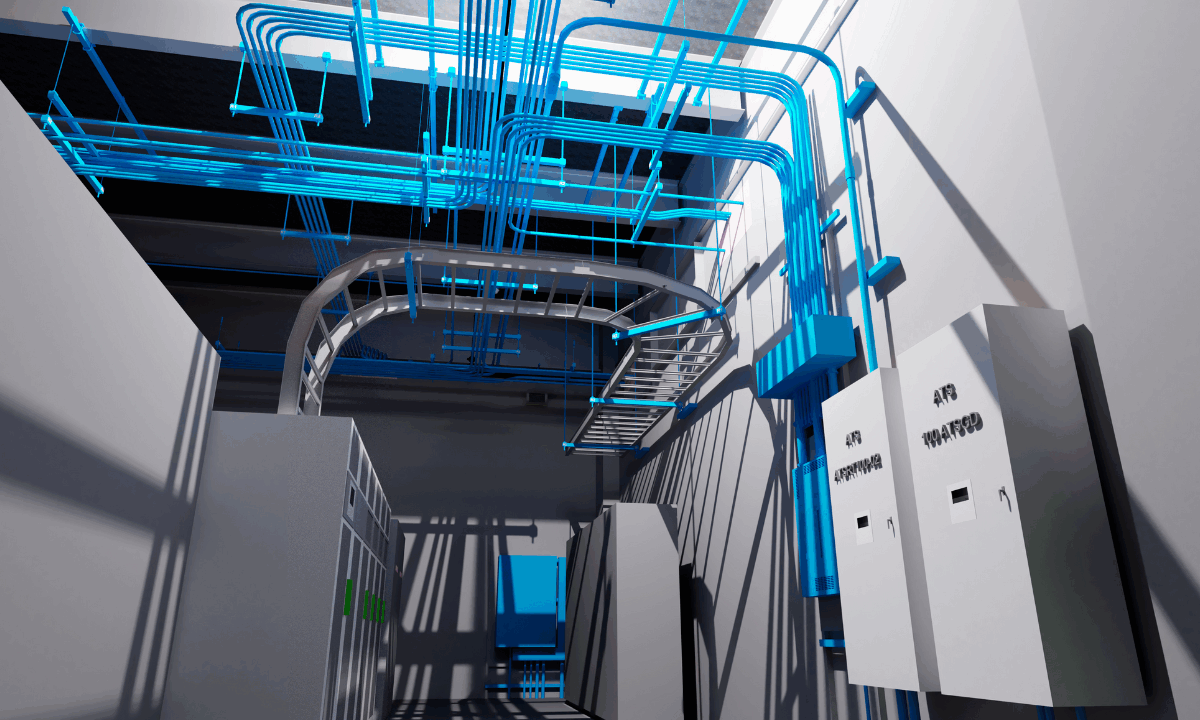While vehicles have become safer to drive, the evolution of digital technology installed in these cars has left them open to privacy infringement and vulnerable to cyberattack. When it comes to trucks that run in a fleet, these vehicles can be considered mobile data factories and gigabyte producers, as each “connected” component on a vehicle is vulnerable to cyberattacks—and even before a vehicle is introduced to these connected features or telematics, there are several attack surfaces. A newer vehicle can include up to 100 million lines of code that are programmed into electronic units that control almost every function, from windshield wipers to airbags and brakes.
Fleet managers often use different types of telematics on their vehicles, enabling them to transfer data to remote management systems. While helpful—and often essential—for business, this provides entry points for hackers when not adequately secured. These risks can come from parts that include electronic braking, steering and navigation systems, along with automated safety systems, to name a few. All these aspects of a vehicle are critical to running a successful fleet, so even though these can provide entry points for hackers from outside the vehicle, the fact remains that they are necessary for efficient operations.
Cybersecurity woes
Even as the fleet industry focuses on digital transformation initiatives, management has become more concerned with data security because many companies still have an outdated IT infrastructure that lacks modern tech safeguards. Trucking is a high-dollar industry, making it is especially vulnerable to cyberattacks. In fact, cyberattacks cost organizations an average of $4 million each year, according to the Ponemon Institute.
Even a minor data breach can cause a company to take a hit in profits, lose customers and severely affect its reputation. This is only a part of the potential vulnerabilities, as there is a growing need for workers within these fleet companies. Without protection, a company can leave itself open to several layers of vulnerabilities.
While it is vital that fleet operations have the ability for information to flow freely, there must also be stability when balancing openness and the protection of sensitive data. Fleet companies can minimize threats by implementing a robust cybersecurity infrastructure that will protect all their confidential data and avoid exposing even the most minor vulnerability.
Utilizing cybersecurity solutions
A third-party-managed cybersecurity service can lock all the cyber doors while enabling real-time monitoring. This service has in-depth knowledge of common risks a fleet might encounter and can then provide solutions that encompass all tiers within a company. This tech acts as a platform that enables IT teams and personnel to continuously monitor and proactively address vulnerabilities well before a hacker can take advantage of the weakness. It arms teams with the necessary knowledge and training to avoid the potential risk of revealing valuable data and adapts company-wide best practices that ensure no facet is left exposed. Implementing secure technology solutions and getting ahead of risks allows companies to proactively mitigate cyber threats and ensures the organization is protected in all aspects.
Along with the hefty cyber protection it brings, a managed cybersecurity service can reduce costs while enhancing performance to accomplish and maintain security, all through one single solution. From the beginning of the process, it can accept software source code in a secure lab for analysis during an organization’s software development life cycle, fixing security issues through design protection systems and information, rather than making fixes after a product releases. In addition, while keeping a company informed of its system’s defensive posture, it is also deployed onsite to ensure the protection of a company’s systems and information.
A handful of other things a managed cybersecurity service can do include:
- Navigate a sea of data to drill down a company’s specific cybersecurity concerns.
- Automate and orchestrate cybersecurity data to achieve reporting.
- Make security decisions by using actionable intelligence.
- Optimize remediation by clearly specifying the types and methods required to resolve discovered issues.
Complete protection
When a fleet company implements a third-party-managed cybersecurity service into its systems and workflow, it provides access to the latest in technology and expert personnel, giving fleet managers confidence that they are being provided with the best and most consistent implementation of secure software and safe practices. This will safeguard a company from taking profit hits and losing customers and ensure it will keep its reputation intact, protecting the organization from the bottom up.







